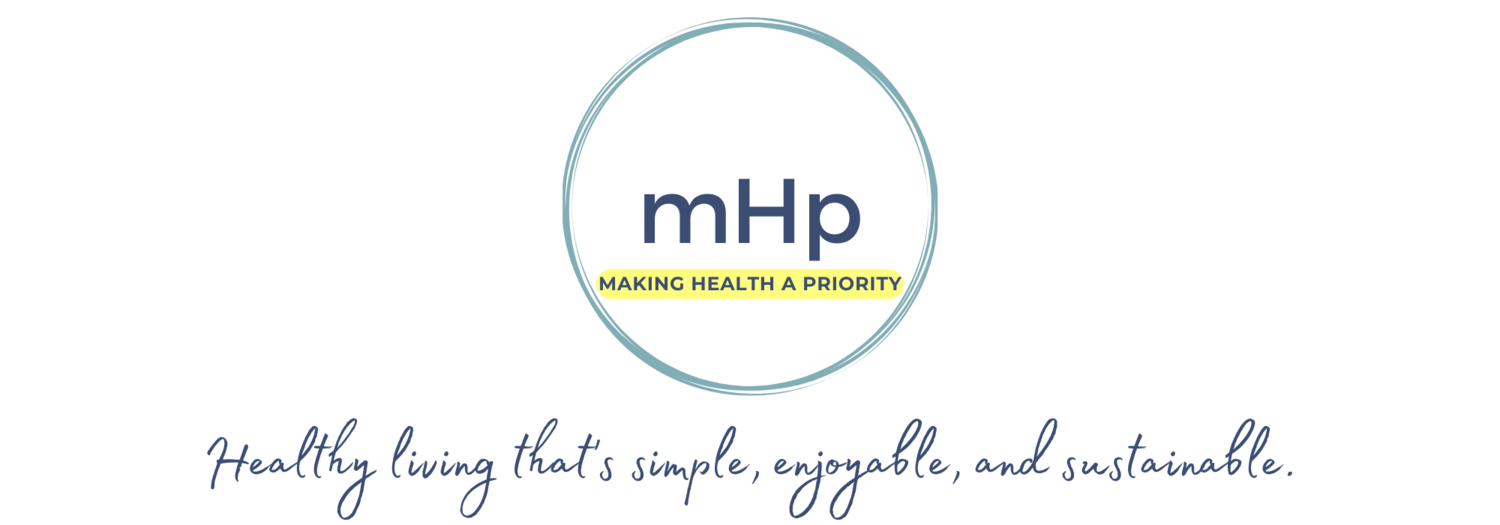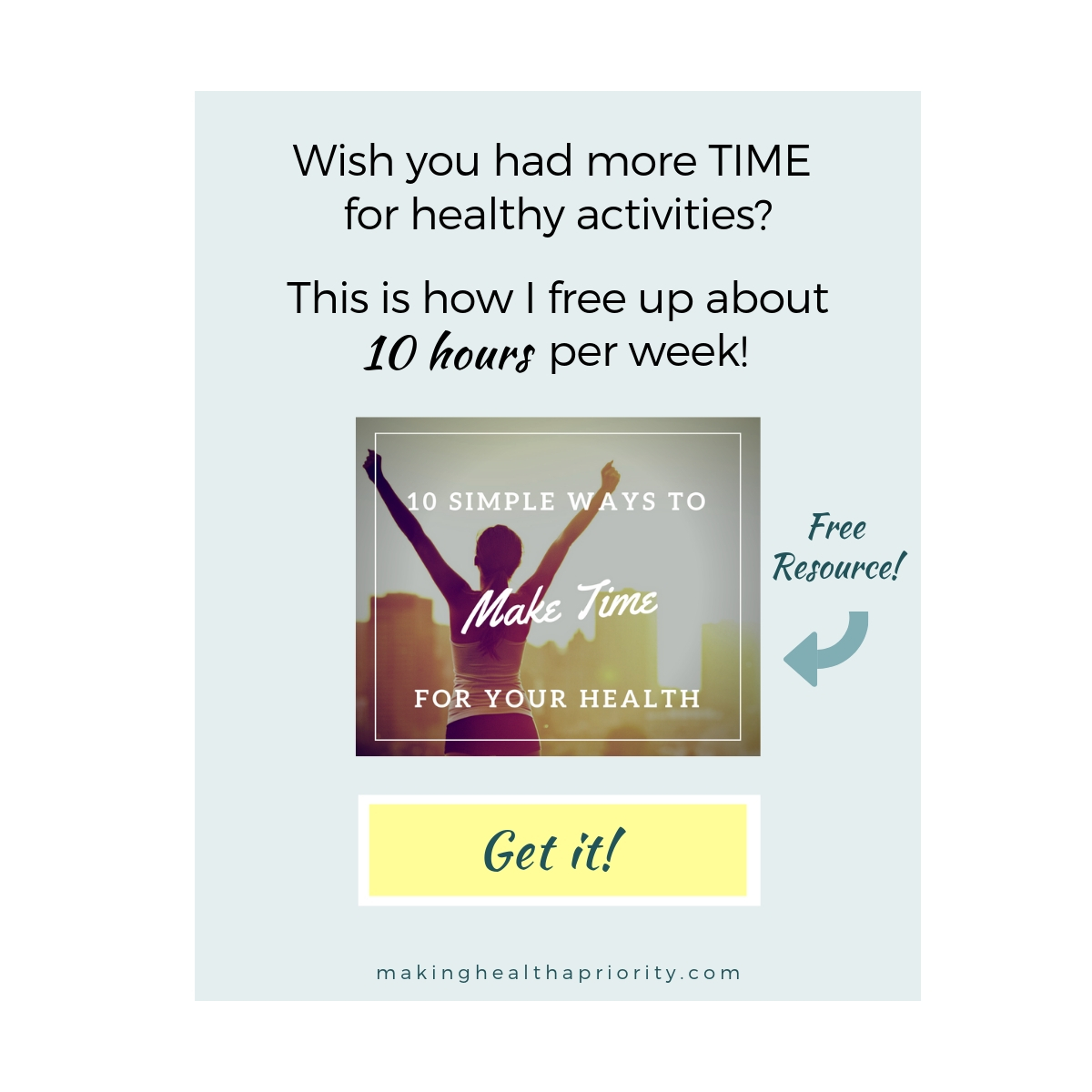Data, Not Drama: A Great Way to Avoid Self-Destructive Patterns
I love to travel. As I’ve mentioned in a prior post about healthy travel, there’s something about putting myself into a new environment that:
Brings a sense of adventure to life.
Changes my perspective.
Renews my spirit.
But there's something I didn't mention in that post...
Something I hate about traveling, actually...
Airplane turbulence.
Turbulence is the worst.
Although I play it cool, when a plane I’m on hits turbulence, this is what's going through my mind:
Image credit: Giphy
I know that that flying is statistically safer than driving (19 times safer, from what I’ve read).
Still, the dramatic plane crash story plays in my mind as soon as the ride gets bumpy.
But you know what helps?
Looking out the window and bracing myself with reality.
Seeing objective things in my environment that help alleviate the fear and drama of my mind.
Image credit: Giphy
When you can look out the plane's window and see the horizon, or a cloud in the distance, the experience changes.
You can see, objectively, that you're not in a tailspin after all.
The same is true for the turbulence we face in our health journey. When the road gets bumpy, it helps to brace ourselves with objective reality.
How Our Mind Gets in the Way
When we hit a rough patch in our health journey, the brain likes to tell us all kinds of dramatic stories. Things like:
You can’t do this.
You're not "enough" (not strong enough, disciplined enough, organized enough, etc.).
It's out of reach for you.
But these are just fear-based interpretations — something the primitive, emotional area of our brain loves to create.
The brain tries to protect us by making us worry about worst-case scenarios. This is helpful in some situations… and extremely unhelpful in others.
It’s helpful if we’re in imminent danger. It’s unhelpful when it leads to self-limiting beliefs that hold us back from becoming the best versions of ourselves.
What can we do about it?
We can use objective information, instead of emotional interpretations, to ground ourselves. (Like me on the plane, seeing a stable horizon or cloud.)
In other words, we can focus on data, not drama.
A Common Scenario
Here’s a scenario I see all the time. I’ll use “Sara” as my example.
Sara eats healthy all week… until Saturday evening, when she blows it at dinner time. She has pizza and beer, and finishes it off with ice cream.
In other words, she hits some turbulence, and things aren’t running so smoothly.
Sara feels guilt and shame, and her mind starts telling her all kinds of dramatic things — like she’s a failure at this healthy lifestyle thing. She then ends up in a self-destructive pattern, eating junk the rest of that weekend, and continuing in the weeks that follow.
How to Avoid This
What could have prevented this? Some objective data, which would have negated the dramatic, fear-based interpretation in her mind.
Had Sara been tracking her food intake, by using a simple food journal or a nutrition/fitness app, she might have seen this helpful information:
In the course of a week, she eats 28 meals (breakfast, lunch, dinner, and a snack each day). If one of those meals isn’t so healthy, it’s not a huge deal because 96% of her meals are still healthy!
That’s certainly no reason for a downward spiral of guilt and shame. That’s like earning an A! It’s a reason to celebrate, not self-destruct.
Sara would have realized that she wasn’t in a tailspin after all. She was actually doing great. That meal was just a little rough patch. Mild turbulence that she can overcome.
The rough patches are inevitable. They will happen. The sooner we learn to handle them without self-destructing, the sooner we reach our goals.
A great way to do that is with some simple tracking practices. Tracking objective data of what we’re doing so that we can:
Make rational decisions that keep us in the game
Avoid dramatic, fear-based, downward spirals.
Pin It! Follow mHp on Pinterest!
How About You?
What kinds of health metrics do you keep track of, and how does this help you? I’d love for you to leave a comment below!
If you like tips/tricks to make healthy living simple, enjoyable, and sustainable, then I invite you to subscribe to my newsletter. This is where I share new posts and exclusive content!
This post was originally published on 3/1/22.






